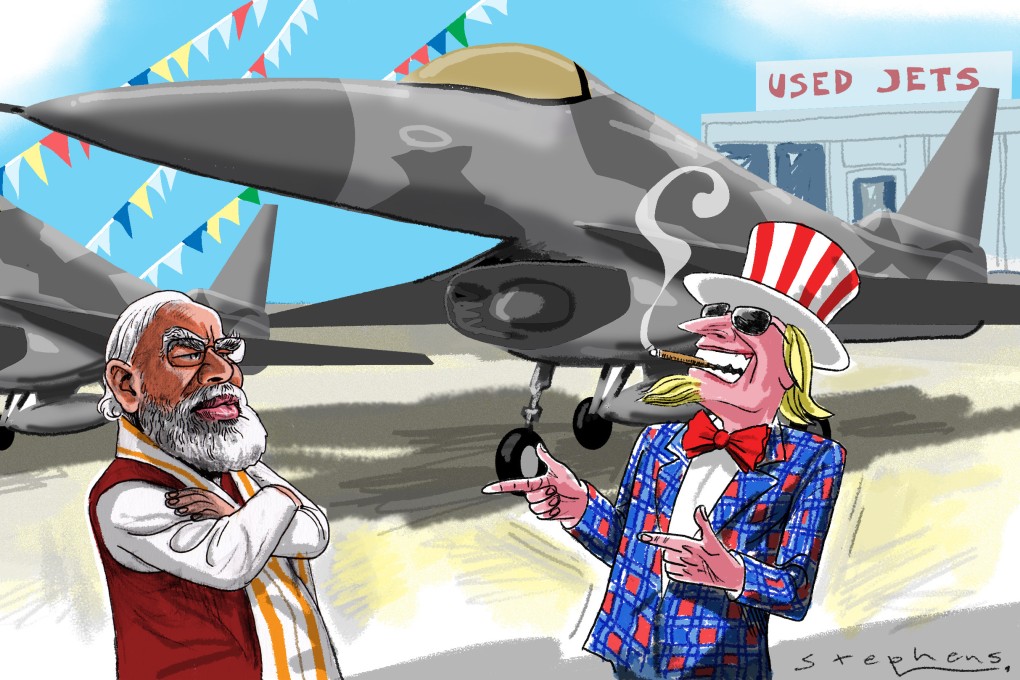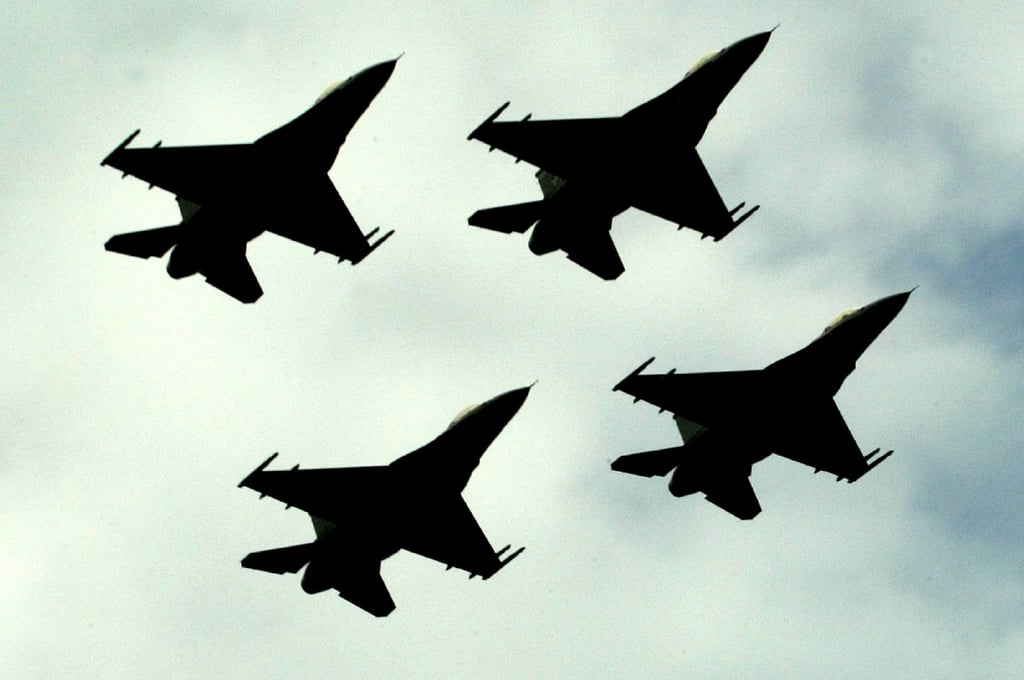Opinion | Blowback over Pakistan F-16 deal highlights limits of India’s closer ties with US
- The India-US relationship has transformed from estrangement to one of engagement and is now touted as one between partners and friends, but all is not well
- New Delhi’s anger over Washington’s upgrades for Pakistan’s jet fighters is the latest example of US foreign policy clashing with India’s core security interests

The conviviality was clearly effective. In a joint press conference, the two men were upbeat about the current level of cooperation. Jaishankar noted that, “In today’s meeting, we discussed our political coordination, working together in plurilateral and multilateral formats and exchanging assessments on collaborating on important regional issues and global challenges. I would specifically mention the Ukraine conflict and the Indo-Pacific situation in that regard.”
In his remarks, Blinken explained the US decision on the F-16s: “These are not new planes, new systems, new weapons. It’s sustaining what they have. We have a responsibility and an obligation to whomever we provide military equipment to make sure that it’s maintained and sustained.”
The prickly matter was laid to rest, and both ministers discussed a range of other issues that included the turbulence engendered by the war in Ukraine and its global geoeconomic and geopolitical fallout, including its impact on the situation in the Indo-Pacific. Jaishankar said the Ukraine conflict had many consequences, including “the prospect of instability in the Indo-Pacific, because today Asia and the Indo-Pacific is so central to global trade and particularly in some very critical areas”.

